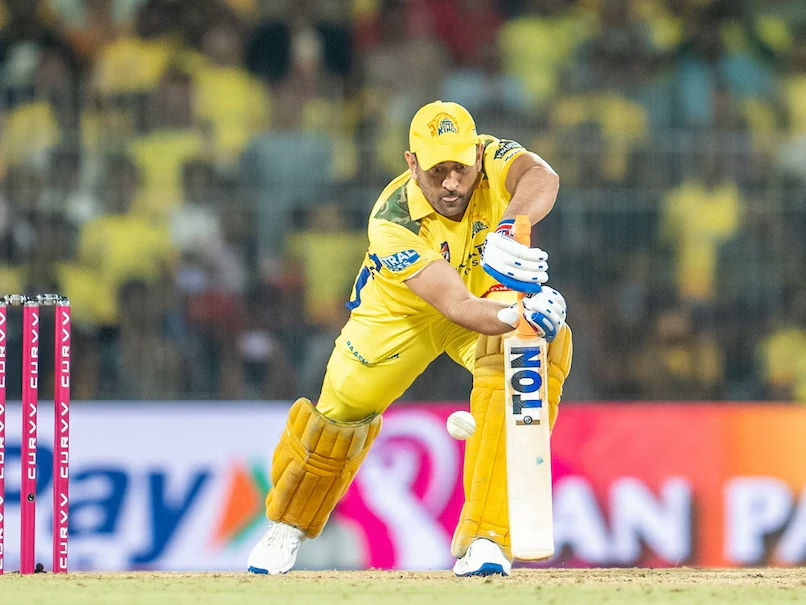Chennai Super Kings need 44 from 18 balls. MS Dhoni at the crease. Once, this scenario spelled certainty—now it breeds only anxiety. He defends the first ball, misses the second, edges the third for a desperate single. A child in the crowd holds up a “Mahi, the Finisher” sign while his father looks on, hope battling acceptance. “Dhoni has given us countless memories, his leadership was phenomenal, his keeping changed the game, his finishing was legendary, but…” The commentator’s voice trails off, the weight of that single word heavier than any statistic. It’s the “but” that matters now—the devastating conjunction that erases everything before it. The 28-year-old who commanded chases with ruthless precision would look at this version of himself and see the ultimate betrayal: a man hiding from responsibility, surrendering the very moments he once dominated.

In 2008, Captain Cool made decisions that changed Indian cricket forever. He saw legends—Ganguly, Dravid—through the lens of the future, not the past. “A fielder who saves five runs is worth more than a batsman who scores five extra,” he told a stunned nation that worshipped its batting heroes. When he dropped Sehwag for the Australian Tour, cricket pundits were outraged, but Dhoni stood unmoved. “Performance matters more than reputation,” he said, eyes unflinching. That same clear-eyed assassin would walk into today’s dressing room, study the match footage, measure the diminishing power of his own strokes, and deliver the only verdict he knows: cricket respects no reputation, only performance. The haunting paradox remains—the captain who once valued mobility over sentiment now struggles to bat for more than 6 overs. The 28-year-old Dhoni would not hesitate before making the call. He never did.
Cricket is an unforgiving chronicler. It records bat speeds and reaction times with the same merciless precision that once captured helicopter shots soaring into the night sky. Watch the footage – Wankhede, April 2011—feet moving decisively, eyes unwavering, shoulders unburdened by time. The six that won a World Cup. Then watch last week in Chepauk—same scenario, same player, different result. The bat lags, the ball finds a fielder, and Dhoni, for once, looks mortal. The young captain who made room for Kohli and Rohit because tomorrow mattered more than yesterday would see these parallels with clarity that age has somehow dimmed. “No one is bigger than the game,” Dhoni once said.
He understood then what he struggles to accept now that even the mightiest names are eventually reduced to statistics. Perhaps the greatest irony in Dhoni’s storied career is that the man who taught India to finish with clarity cannot find clarity in his own finish. The 28-year-old who built his legacy on making the hardest calls would now make one final judgment on himself: it’s time. Because cricket’s cruel truth mirrors life’s most difficult lesson—
everything before ‘but’ doesn’t matter.
